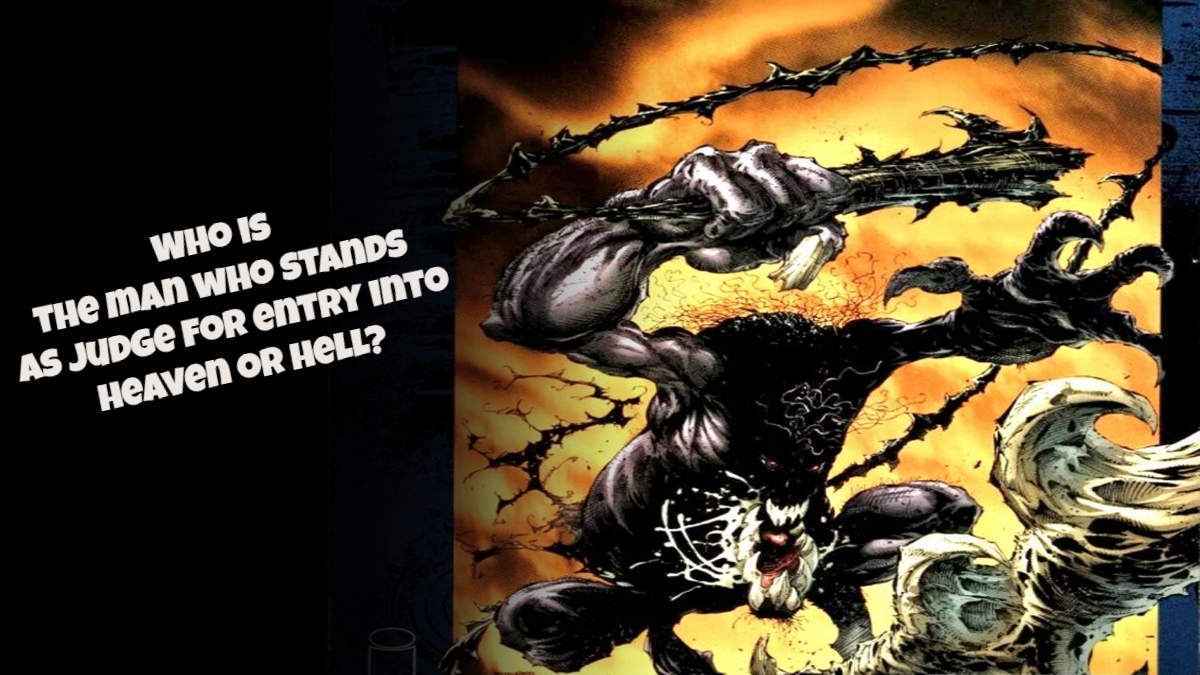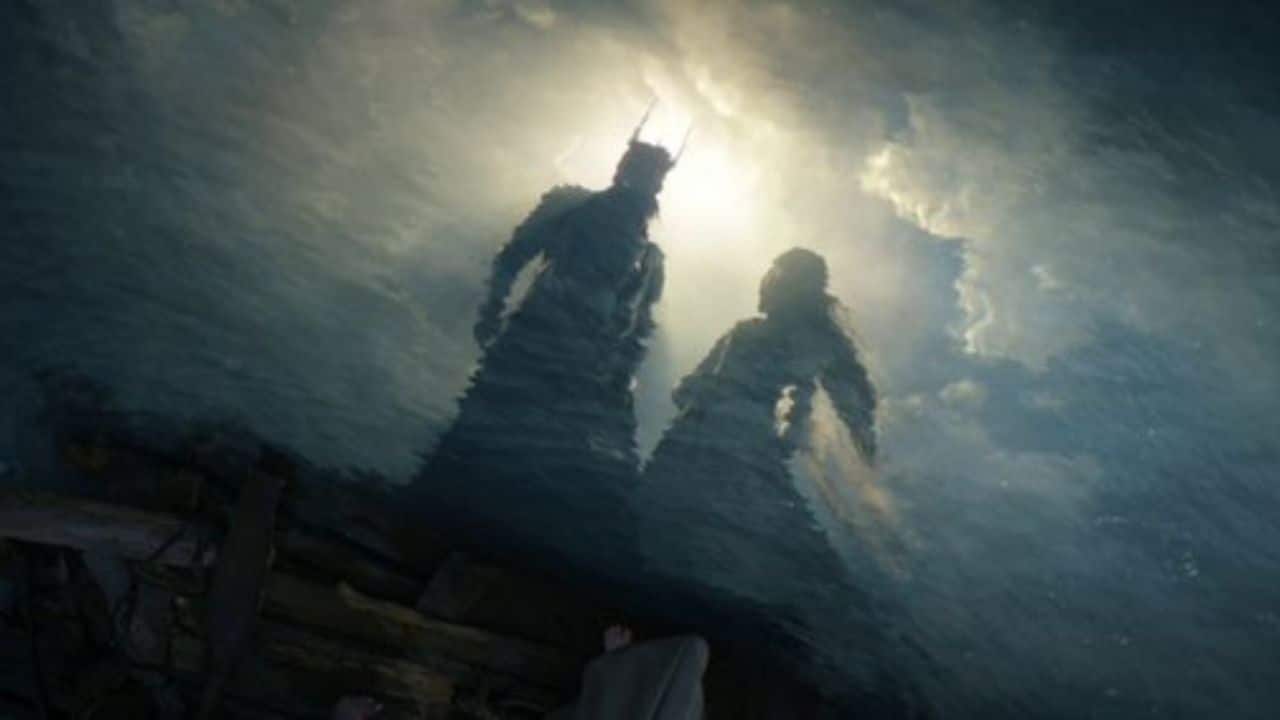![]()
On April 20, 2010, the Deepwater Horizon oil rig stationed off the coast of Louisiana in the Gulf of Mexico caught on fire, leading to one of the worst ecological disasters and oil spills in U.S. waters. 11 men died during the fire, but a lot more survived as they tried to stop the spill before being evacuated.
Following their collaboration on 2013’s Lone Survivor, Mark Wahlberg and director Pete Berg have re-teamed for Deepwater Horizon, a recreation of the hours leading up to the fire and how engineer Mike Williams (played by Wahlberg) made sure that as much of his crew got off the rig safely as he could. Besides being an amazing recreation of the actual fire, the film also deals with some of the reasons why things might have gone wrong as Williams and the rig’s offshore installation manager “Mr. Jimmy†Harrell (Kurt Russell) butt heads with visiting BP execs.
LRM had a chance to speak with Berg before the film’s premiere at the Toronto International Film Festival (TIFF). Besides talking about the logistics of recreating the Deepwater Horizon fire, he also talked briefly about his next movie with Wahlberg, Patriots Day, based on the 2013 Boston Marathon bombing.
LRM: How did you come to this film? Was there already a screenplay in development?
Peter Berg: The first way I came to it was two and a half years ago, I saw the 60 Minutes piece on Mike Williams, and I was really taken with the way they approached that story. Up until then, everything had been about the blow-out, the environmental disaster and all that, and this 60 Minutes piece focused on the 14 hours that led up to the blow-out. And that I had no idea about any of that. I knew nothing about the science. I had no idea about the pressures being put on these guys from BP, based on the fact that they were over-budget. I had no idea how complex it was to pull this oil up out of the earth, and I didn’t realize eleven guys were killed, and I didn’t understand that those 11 guys had nothing to do with the blow-out. They could have actually gotten off the rig and saved themselves, but they did everything they could to try to stop that blow-out and stop the oil spill. That all started adding up to me and just something I was really interested in, and then I was following the movement of the film until I came on it.
LRM: You had a lot of resources for this like the workers who survived, but there’s a lot of research involved in making a story like this authentic. Did the screenwriters Matthew Sand and Matthew Carnahan already do a lot of that before you came on board or did you still have go in and do your own research?
Berg: They did some, but at the end of the day as a filmmaker, I had to go meet with all the family members of the 11 guys who lost their lives and do quite a bit of research. Went to we’ll call it “oil school.†We brought in engineers and rig hands and deck hands and drillers, and we would sit in rooms like this for hours going back to school, learning as much as we could. They would take us as deep as we could go into the complexities of what they did. At a certain point, they would go, “Okay that’s about it for you. I don’t think you can handle much more.†Because it’s very dense stuff. It’s heavy science, heavy math, real engineering, chemistry, physics, all that kind of stuff. There’s some smart guys in that business.
LRM: We see a lot of talking about that stuff in the movie’s first 40 minutes, so were you at all worried about losing the audience if too much went over their head or was it better to let them know exactly how things worked.
Berg: I thought that was one of the challenges that interested me. I believe that audiences certainly consider themselves smart and people actually like to learn things, and people generally like to feel as though they’re able to keep up with smart people. It’s about finding the right level of science speak to allow people to stay with it, but also let them feel like, “Wow, I’m actually learning something. I didn’t know that’s what happened.” We’re close here. I’ve had a couple people say they get confused, but I’ve had more people than not say that there are things they don’t totally understand, but they get the gist of it. They understand that these guys were disagreeing about a test that has to do pressure, and they might not understand all the nuances, but from Kurt Russell and John Malkovich’s behavior, you sort of understand that, “Okay, I might not understand exactly what you’re arguing about, but I get that it’s a pretty serious issue.†If you were in the hospital with a brain tumor and you had two neurosurgeons debating what was wrong with you. One had Opinion A and one had Opinion B and one was saying “surgery†and the other was saying, “No, we’re going to do it with drugs.†You might not understand the details, but you would get the fact that these two big brain dudes were not agreeing and that’s problematic.
LRM: A lot of the survivors are out there and Mike Williams was involved with the movie as a consultant. How was it dealing with the BP people and how they might react or was that not a concern?
Berg: Yeah, BP was not particularly supportive of the film, and they quietly did as much as they could to disrupt us and make sure we didn’t get access to oil rigs and ships and helicopters and some key personnel that we wanted to. That didn’t really surprise any of us. It’s not a film that BP would be jumping up and down to get behind and support.
![]()
LRM: I imagine not. And you actually ended up building an oil rig of some kind for the film?
Berg: Yeah, a giant chunk of it. We built one big piece, a couple of smaller pieces and then we used computers to tie it all together.
LRM: Were you able to get your hands on original blueprints or anything like that?
Berg: Yes, oh, yeah, yeah. Our production designer Chris Seagers did a remarkable job. Yes, he had blueprints—you’re the first one to ever ask that question, good question… and we also had guys who had built rigs, plenty of guys that had worked on them who worked with our production design team to get it right, down to vents and pipes and storage bins. It was all very, very, very accurate.
LRM: This is a different movie from “Lone Survivor,†and one of the movies it reminded me of while I was watching it was Irwin Allen’s “The Towering Inferno,” made in 1974 right after the World Trade Center was built, suggesting that maybe we shouldn’t be building these giant skyscrapers. Is there something like that involved in you wanting to tell this story about what might happen if we continue to try to mine the earth for its natural resources?
Berg: It was something I definitely noted when I was doing my research, and I talked about it with Matt Carnahan. The Deepwater drill and that rig at the time of the blow-out was the deepest that mankind has ever gone into the earth, so they were about four miles into the center of the earth. No one’s ever gotten that deep, and it was kind of a reverse Icarus. Rather than seeing how high we could go, we maybe put our hand into a hole a little too deep. Certainly, to me, that is a component of the story that “When does man’s hubris become a bit too much? When do we overreach?†And I think there was a bit of overreaching in the case of the Macondo Well, which was the well they were drilling in, and the depths they were going in. The reason they were 40 days behind was because they had two unsuccessful attempts to get into this well. They actually had to break the drill off at one point because it got stuck and they drilled again and couldn’t get it. This was their third time in, which is unusual, so they called this the “Well from Hell†which is symbolic to call the movie “The Well from Hell,†but symbolically, if you believe there’s a hell down there and eventually you get to it, then they might have been knocking on the door.
LRM: Have they built more rigs like this and is this still going on?
Berg: Oh, yeah. Still going on. They’ve gone back to that well. They’re pumping that well because there’s too much oil to let it go.
LRM: How much did you want to focus the movie on the people who were killed such as Jason Anderson, the character that Ethan Suplee plays, versus the survivors like Mike Williams?
Berg: Yes, the movie was always designed to not be a film about an oil spill but to be a film about an oil rig and that means the men that were on the rig, the work those men were doing and the challenges that were presenting themselves to those men, so that was always part of the design of the story.
LRM: You and Mark have this trilogy now of real-life dramas with “Patriots Day†coming up later this year. As far as creating an entertaining movie and using artistic license to do so, as opposed to showing what really happened, I get the impression you’re more on the latter side. At what point do you have to go, “We have to change things to make this more interesting as a movie.â€
Berg: Well, I’m a fan of non-fiction, and it inspires me to be able to meet the real people and find real cultures, and that’s the kind of filmmaking I prefer. If a story interests me, and I’m like, “Okay, I want to make this film and it really happened. It’s about your life.†If I don’t think the basic facts of the story are more or less good enough to make a movie, I’m probably not going to come to you and say, “Hey, can I have the story to your life but I want to change everything.†With Lone Survivor or Deepwater Horizon or Patriots Day, these are three, in my opinion, just extraordinary stories. You don’t need to do a lot. Generally, the one thing we might have to do is condense the timelines a little bit, pull things up, because we can’t spend six or seven hours in a movie theater, but I’m attracted to non-fiction, and I’d be hard-pressed to find a non-fiction story that I would want to fictionalize. Then I might as well just make up a story. So I’m not going to come to you and be like, “Can I have your life fights? But I want to change everything…â€
![]()
LRM: Ironically, I’ve seen seven “Based on True Stories†in the last two days, so that’s really been very much in my head, and it seemed like the best movies had the most compelling stories to begin with.
Berg: It’s hard to not find this compelling, particularly if you had watched the 60 Minutes piece or David Barstow did a really wonderful—I think he might have won a Pulitzer for it—investigative piece for the New York Times, where he really broke down the events almost minute-by-minute for 14 hours and it read like a thriller. You don’t have to really do much here. The story works.
LRM: How has it been doing “Patriots Day� I imagine Boston has been very helpful with Mark on board.
Berg: Yeah, and that’s a completely different film, but equally intense. I think since we wrapped, there have been maybe 15 attacks like Boston around the world. It’s very profound that it is one of the key realities of the time that we’re living in today, that this terror and these new acts of mass casualty attacks and trying to put some kind of context and an attempt to explain or present the facts of these attacks in a way that allows people to at least put perspective on them or opens dialogue so that people can understand maybe why they’re happening, who’s doing them and to me, more importantly, how do we move forward when something like this happens. How do human beings pick up the pieces and how does love beat this kind of hatred that could be evil? It’s very complex and I think very emotional.
LRM: I only know bits and pieces of that story as well, so how deep do you get into it and did you just find one or two stories that might connect with those watching the movie?
Berg: Yeah, we follow like eight different perspectives, but I’m not supposed to be talking about Boston on this press tour. I’ll be seeing you again really soon.
LRM: I always ask you about this but I’ve kind of given up hope on a sequel to “The Rundown†at this point…
Berg: If you can get Jonah Hill to do it, we’ll do it. Write an article about Jonah Hill and why he should do The Rundown 2.
LRM: That’s a great idea, but how do you get Dwayne back?
Berg: Dwayne’s in. He’ll do it in a second.
LRM: I feel like he’s so busy because he has so many movies lined-up.
Berg: Well, he does, but he’ll do it. I mean, this is the day of the new super-actor, because Wahlberg does it, Dwayne does it, Kevin Hart does it. There’s a new work ethic out there.
LRM: Do you feel that after finishing “Patriots Day†you’re ready to do something lighter?
Berg: I keep joking that I’m going to do a love story in the South of France with a pretty girl and a guy and a bottle of wine and then I end up on a mountain with 400 guys pointing guns at each other. At the end of the day, when I really get ready to jump into something, I know that there’s gotta be a level of inspiration inside of me to do it, and these are the kinds of stories that inspire me. I could see doing something with more of a happy ending, but I don’t see moving… I don’t know. I’m just going to keep doing things and hopefully, if I’m lucky, I can keep doing things that inspire me.
LRM: And you produced the recent “Hell or High Water†as well, which has been received very well, so was that something you had hoped to direct?
Berg: For a minute, yeah. I thought about it, and I was a big fan of Taylor Sheridan’s and kind of helped put it together and I’m very proud of how that movie came out. It came out well.
Deepwater Horizon opens nationwide on Friday, September 30. Patriots Day will open in New York, L.A. and Boston on December 21, and then expand nationwide on January 13, 2017.

 FOR FANBOYS, BY FANBOYS
Have you checked out LRM Online’s official podcasts and videos on The Genreverse Podcast Network? Available on YouTube and all your favorite podcast apps, This multimedia empire includes The Daily CoG, Breaking Geek Radio: The Podcast, GeekScholars Movie News, Anime-Versal Review Podcast, and our Star Wars dedicated podcast The Cantina. Check it out by listening on all your favorite podcast apps, or watching on YouTube!
Subscribe on: Apple Podcasts | Spotify | SoundCloud | Stitcher | Google Play
FOR FANBOYS, BY FANBOYS
Have you checked out LRM Online’s official podcasts and videos on The Genreverse Podcast Network? Available on YouTube and all your favorite podcast apps, This multimedia empire includes The Daily CoG, Breaking Geek Radio: The Podcast, GeekScholars Movie News, Anime-Versal Review Podcast, and our Star Wars dedicated podcast The Cantina. Check it out by listening on all your favorite podcast apps, or watching on YouTube!
Subscribe on: Apple Podcasts | Spotify | SoundCloud | Stitcher | Google Play



